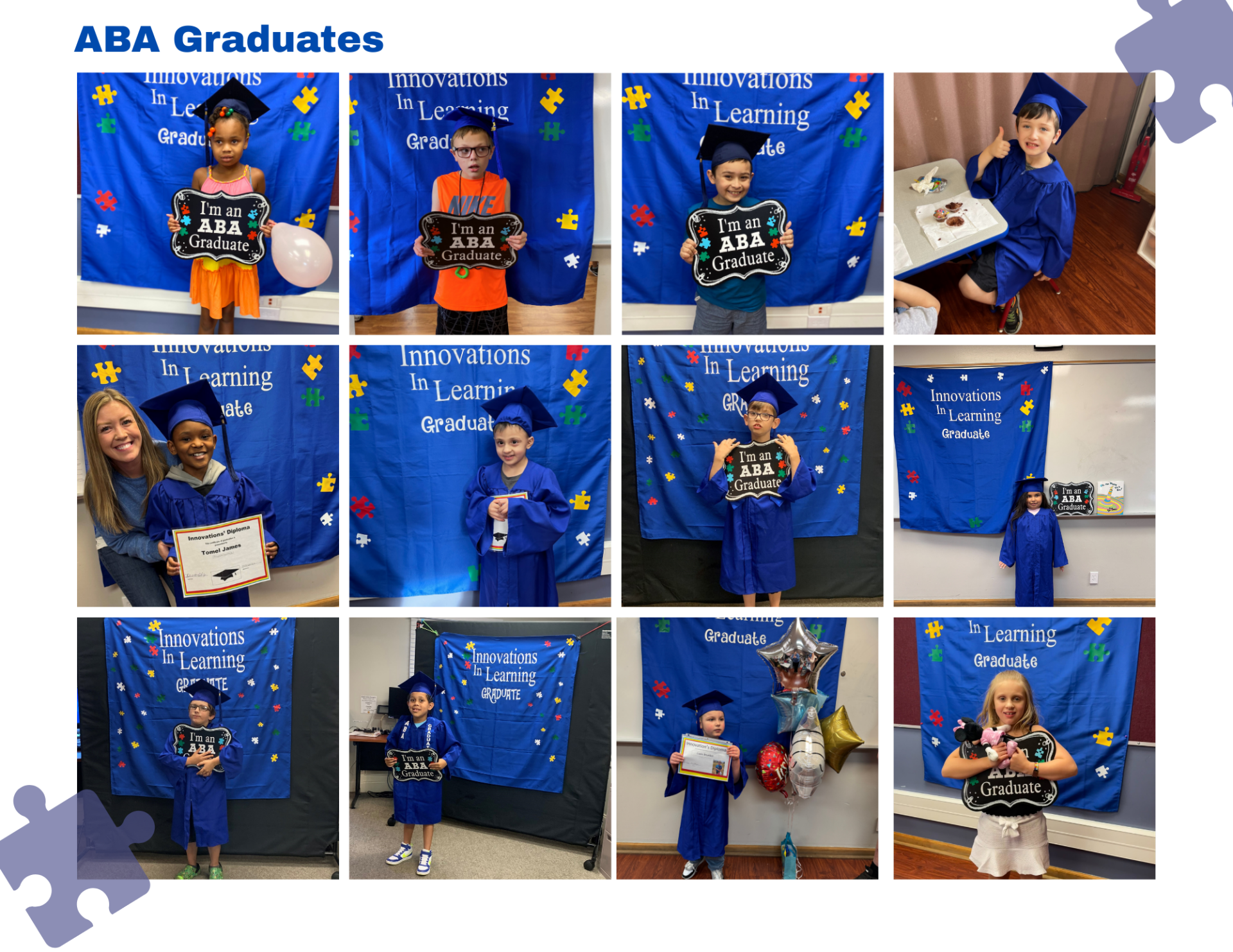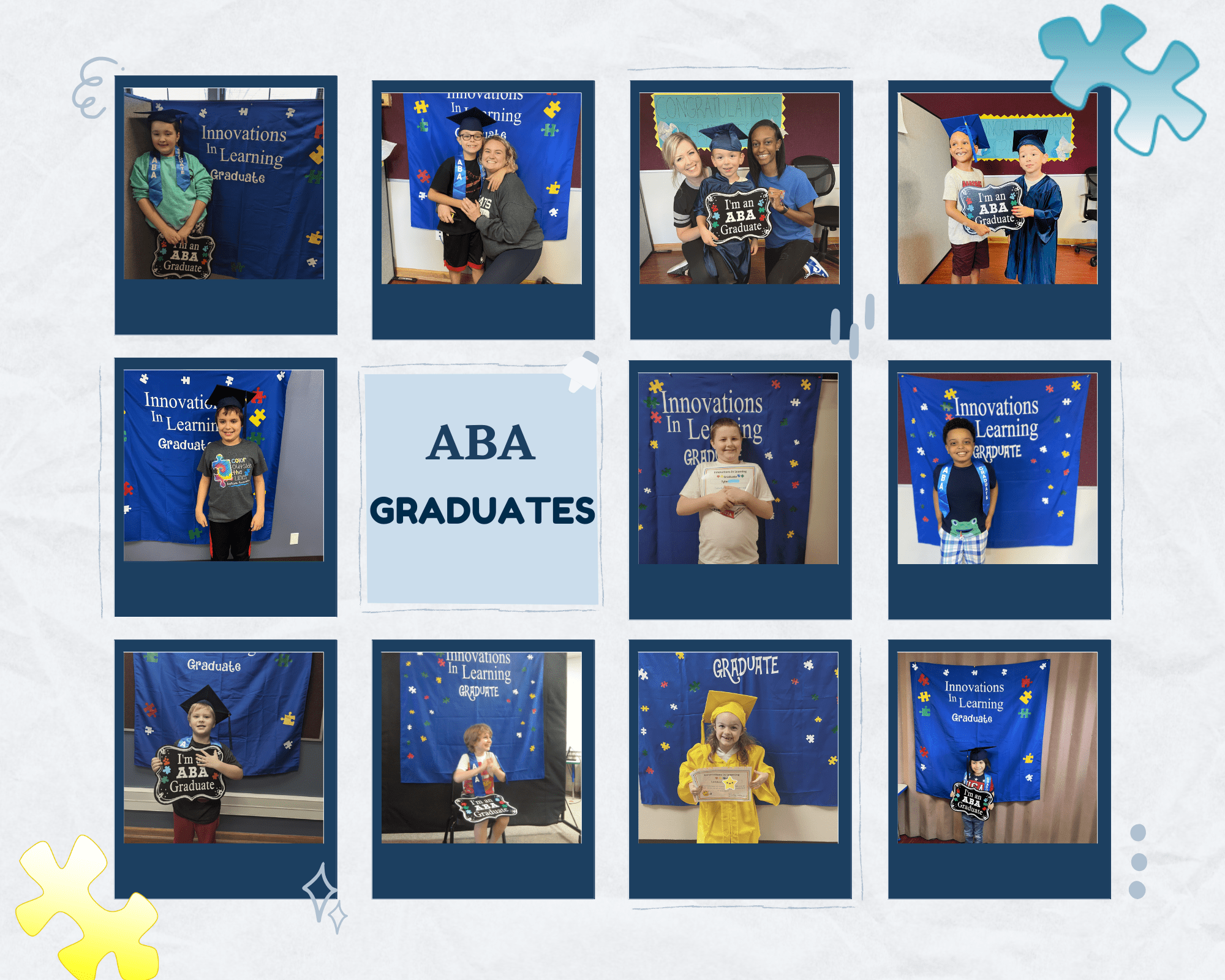ABA Clinic
For more information, call us today at (219) 791-1400 or contact us here.
Innovations was one of the first ABA Clinics in the Northwest Region, having started to provide ABA services in 2009, well before the Medicaid policy for ABA was written in 2016. Innovations prides itself on providing on the highest quality services and we have intentionally been slow in the expansion of our ABA services. We have also focused much effort on the development of our staff and we are happy to have many Board-Certified staff that started with us as Line Therapists or interns. Collectively in the clinic we are proud to share that we have over 52 years of collective experience for our certified clinicians. This is an impressive amount of experience in an era where many BCBAs have less than 5 years of experience as the field is relatively new.
What We Do
The ABA clinic at Innovations in Learning treats children diagnosed with Autism. Children participate in an intensive treatment program that promotes a full-time language rich environment, using principles of Applied Behavioral Analysis (ABA). ABA is based on scientific principles of learning and creates an atmosphere to promote positive behavior change. With a focus on motivation, reinforcement, and evidence based practices, ABA therapy helps children acquire developmentally appropriate skills such as language and social interaction. ABA targets problematic behavior through functional behavior assessments and data driven decisions to help the clinicians create behavior support plans that reduce challenging behaviors and increase functional skills.
Using individualized programs, 1:1 instruction, and evidence based practice, we teach our kids that learning is fun!
Your Role
Your child’s progress depends greatly on generalizing skills to the home and community. Therefore, active parent involvement is required for continued enrollment in our program. Parent/Guardian involvement will include:
- Complete your child’s assigned weekly homework, created to increase relevant skills.
- Attending monthly parent sessions with your child’s supervising therapist.
- Attending 2 parent/guardian trainings per year.
ABA therapy is most effective when everyone works together!
YOUR CHILD’S DAY
Children attending the intensive program will do so Monday – Friday 9:00 – 3:45. All children are assigned to a team that includes a Board Certified Supervising Therapist and Registered Behavior Technicians (line therapists). The following is a list of some of the skills your child will work on throughout the day:
- Requesting items/activities using your child’s preferred communication method
- Following directions
- Motor and vocal imitation of others
- Beginning and advanced conversation skills
- Attending skills
- Group skills
- Transition skills and following a schedule
- Daily living skills
- Social and play skills
- Learner readiness skills


